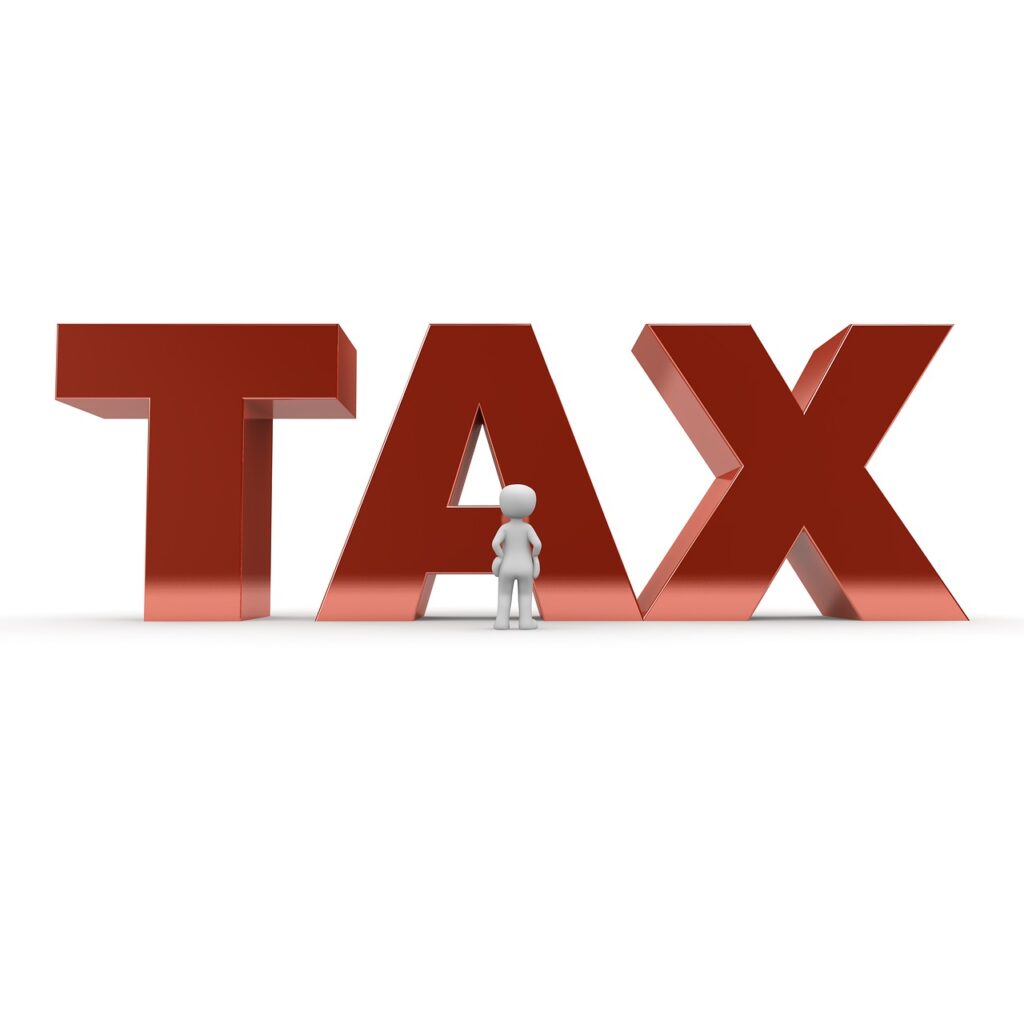80 IAC – Tax Exemption
To stimulate the development of startups and provide them with a competitive advantage in India’s aggressive business landscape, the Government of India introduced Section 80-IAC of the Income Tax Act. This section allows eligible startups to claim a 100 percent deduction on their profits and gains, significantly reducing their tax liabilities. Enacted under the Finance Act of 2016 and later amended by the Finance Bill of 2018, Section 80-IAC is designed to incentivize entrepreneurial activity and promote job creation. By easing the financial burden on new businesses, the provision aims to create a more supportive environment for startups to thrive and contribute to economic growth.

Fill This Form and Get Free Consultation

To foster the growth of startups and offer a competitive edge in India’s dynamic business environment, the Government of India introduced Section 80-IAC in the Income Tax Act. This provision allows eligible startups to claim a deduction equal to 100 percent of their profits and gains. Enacted as part of the Finance Act of 2016 and subsequently amended in the Finance Bill of 2018, Section 80-IAC aims to encourage job creation and support entrepreneurial ventures by reducing their tax burdens.
Key Benefits of Section 80 IAC
1. Tax Deductibility for Donors
One of the most impactful benefits of Section 80-IAC is the tax deduction available to donors. Contributions made to organizations registered under this section are eligible for tax deductions. This incentivizes individuals and businesses to donate generously, knowing they can reduce their taxable income.
2. Enhanced Credibility and Trust
Being registered under Section 80-IAC enhances the credibility of an organization. It signals to potential donors, partners, and stakeholders that the organization is recognized by the government and operates transparently. This trust can lead to increased support and engagement.
3. Financial Benefits for Charitable Trusts
Organizations registered under 80-IAC can benefit from various financial advantages. For instance, they can receive donations that are exempt from income tax, which directly contributes to their financial stability and growth.
4. Encouragement for Social Impact
Section 80-IAC aligns with the government’s vision of promoting social welfare and development. By offering tax benefits, the section encourages more entities to engage in charitable activities, thereby amplifying the social impact.
5. Simplified Compliance
Organizations registered under 80-IAC benefit from a streamlined compliance process. The clear guidelines and tax benefits make it easier to manage financial aspects and focus more on achieving their charitable goals.
Eligibility Criteria for Section 80-IAC
To avail the benefits of Section 80-IAC, an organization must meet certain criteria:
- Registration: The organization must be registered under the relevant provisions of the Income Tax Act, such as Section 12A or 12AA, and comply with specific requirements of 80-IAC.
- Purpose: The organization must operate with the primary objective of charitable activities, including education, healthcare, relief work, and more.
- Application: The organization must apply for and obtain approval under Section 80-IAC from the Income Tax Department.
Steps to Avail Benefits under Section 80-IAC
- Verify Eligibility: Ensure that your organization meets the criteria for Section 80-IAC.
- Apply for Registration: Submit the necessary application and documentation to the Income Tax Department.
- Maintain Compliance: Adhere to the operational and financial requirements outlined in the section.
- Promote Tax Benefits: Inform potential donors about the tax benefits associated with their contributions to encourage more donations.
Conclusion
Section 80-IAC of the Income Tax Act offers a valuable opportunity for charitable organizations to enhance their financial stability and impact. By understanding and leveraging the benefits of this section, organizations can attract more support, increase their credibility, and further their charitable missions. As with any tax-related matter, it is advisable to consult with a tax professional or legal advisor to ensure compliance and maximize the advantages offered by Section 80 IAC.
